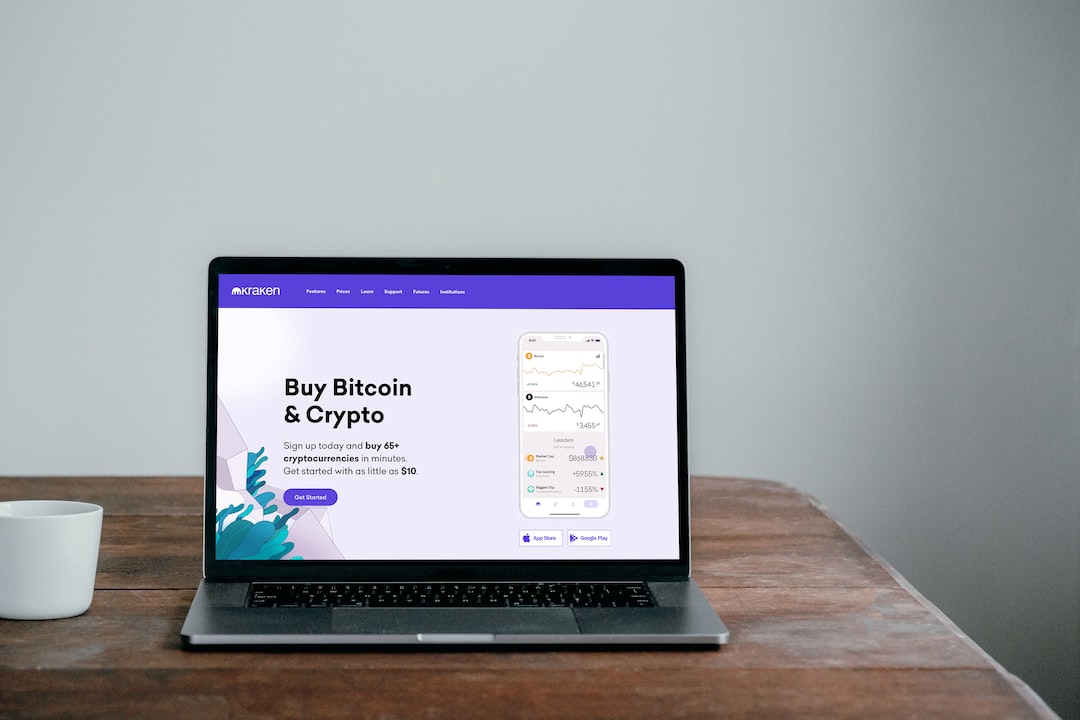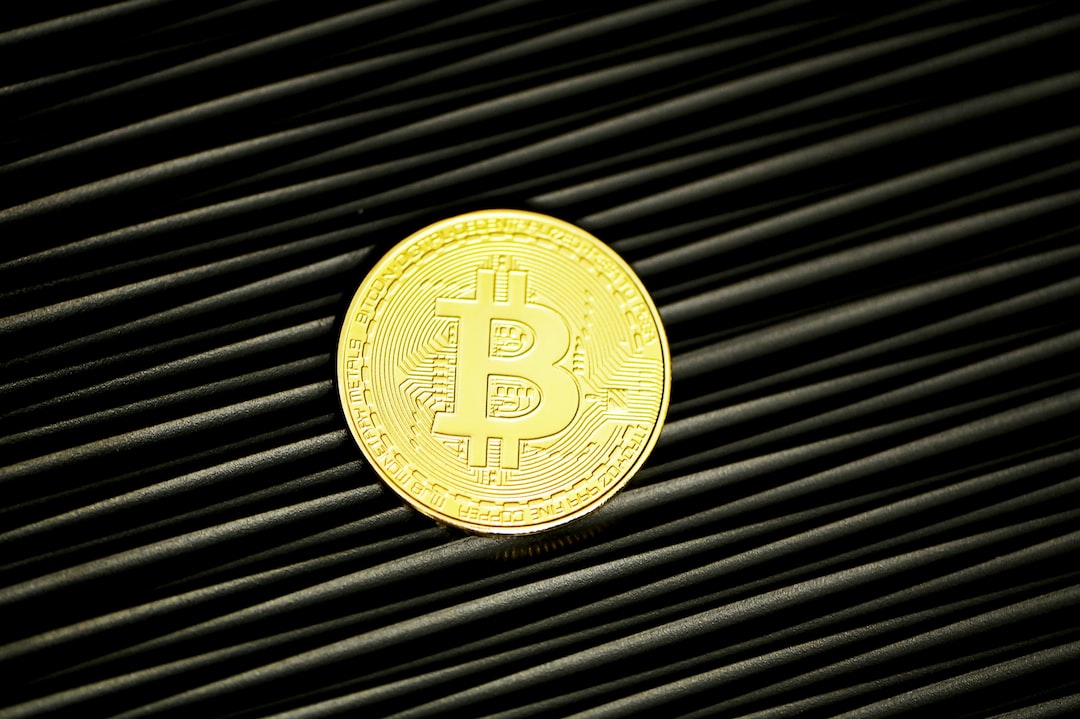The Future of Blockchain: Transforming Industries Across the Globe
Welcome to the exciting world of blockchain! You may have heard about it in the news or from a friend, but do you truly understand its potential? Blockchain technology has the power to revolutionize industries across the globe and transform the way we exchange, store, and verify information. In this article, we will explore the future of blockchain and the immense impact it can have on various sectors.
What is Blockchain?
Before we delve into the future possibilities, let’s start with the basics. Blockchain, in simple terms, is a decentralized digital ledger that records transactions across multiple computers. Each transaction, or block, is stored securely and in a transparent manner. This technology removes the need for intermediaries, such as banks or clearinghouses, and empowers individuals to have full control over their data and assets.
Blockchain’s security is unmatched, as each transaction is encrypted and linked to the previous one in a way that creates an unalterable chain. This feature provides trust and eliminates fraudulent activities, making it an ideal solution for industries where transparency and security are crucial.
The Future of Finance
One of the most promising areas where blockchain can make a significant impact is finance. Traditional financial systems are often slow, costly, and fraught with intermediaries. With blockchain, you can send money directly to anyone, anywhere in the world, with low fees and faster processing times.
Besides making transactions more efficient, blockchain can also democratize access to financial services. Many people worldwide remain unbanked due to various constraints. By leveraging blockchain, individuals can access banking services, obtain loans, and make investments without the need for a traditional bank account. This technology has the potential to uplift individuals and communities, driving financial inclusivity worldwide.
The Potential in Supply Chain Management
Another industry that stands to benefit greatly from blockchain is supply chain management. Today, supply chains are often complex and lack transparency. Blockchain can address these challenges by providing a single, immutable record of every transaction and movement of goods.
By using blockchain, you can easily track and verify the origin, quality, and authenticity of products. This has significant implications for industries like food, pharmaceuticals, and luxury goods, where traceability and counterfeiting prevention are paramount. With blockchain, you can be confident that the product you purchase is authentic and has been produced responsibly.
Blockchain and Healthcare
In the world of healthcare, blockchain has the potential to revolutionize the management and security of patient data. Currently, patient records are often scattered across various healthcare providers and lack interoperability. This fragmentation hinders the efficiency and effectiveness of patient care.
Blockchain can create a secure and unified platform where patient records are stored and accessible to authorized parties in real-time. This would enable healthcare providers to make more informed decisions and provide better, coordinated care. Additionally, blockchain technology can enhance patient privacy and security by ensuring data integrity and preventing unauthorized access.
Blockchain and Voting
With increasing concerns about the integrity of voting systems, blockchain offers a promising solution. By leveraging blockchain’s immutable and transparent nature, we can create a voting system that is secure and resistant to manipulation.
By using blockchain for voting, you can be confident that your vote is accurately recorded and cannot be tampered with. This technology has the potential to increase trust in the democratic process and encourage more people to participate in elections.
Blockchain in Real Estate
Buying or renting property can be a cumbersome and time-consuming process. Blockchain has the potential to streamline real estate transactions by removing the need for intermediaries and automating processes.
Imagine being able to buy or sell a house with just a few clicks, securely and transparently. With blockchain, property ownership records can be stored in an immutable ledger, eliminating the need for lengthy paperwork and reducing the risk of fraud. This technology can make real estate transactions faster, more efficient, and accessible to a wider range of individuals.
Frequently Asked Questions (FAQs)
Q: Is blockchain only about cryptocurrencies like Bitcoin?
No, blockchain technology is not limited to cryptocurrencies. While cryptocurrencies were one of the first applications of blockchain, the technology has since expanded to various other sectors, as we have discussed in this article.
Q: Is blockchain secure?
Yes, blockchain is inherently secure due to its decentralized and encrypted nature. Each transaction is verified by multiple computers, making it nearly impossible for anyone to tamper with the data stored on the blockchain.
Q: Will blockchain eliminate the need for banks?
While blockchain has the potential to disrupt traditional banking systems, it is unlikely to completely eliminate the need for banks. Instead, it may lead to the transformation of banks into more efficient and customer-centric entities.
Q: Can I invest in blockchain?
Yes, you can invest in blockchain technology indirectly through cryptocurrencies or by investing in companies that are utilizing blockchain in their operations. However, as with any investment, it’s important to do thorough research and understand the risks involved.
As you can see, blockchain technology holds immense potential for transforming industries across the globe. Whether it is finance, supply chain management, healthcare, voting systems, or real estate, the applications of blockchain are vast and exciting. Embrace this technological revolution and be prepared for the future where blockchain will become an integral part of our lives!





 By
By
 By
By
 By
By
 By
By
 By
By
 By
By